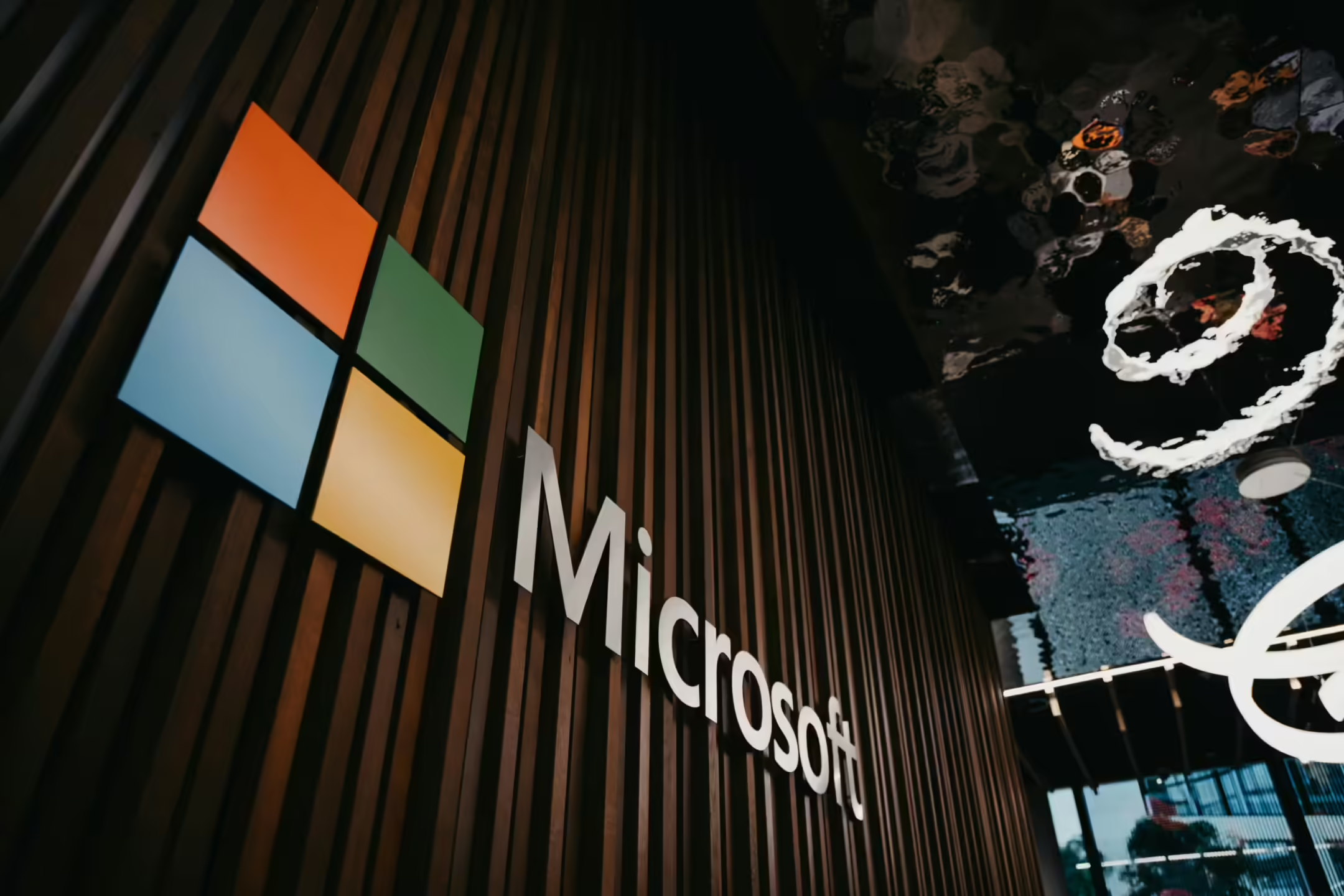
Microsoft recently revealed that it lost critical security logs from September 2 to September 19, sparking concerns about its ability to safeguard sensitive data. These logs are essential for detecting and investigating security breaches, making their absence a significant issue for Microsoft and its cloud customers.
Business Insider initially reported on the loss of log data earlier this month. The affected products include Microsoft Entra, Sentinel, Defender for Cloud, and Purview, according to the Business Insider report.
These logs are very critical for tracking and investigating security breaches, something that makes their absence a significant problem at both Microsoft and to its customers. The issue has emerged at a time when cloud service security is under increasing scrutiny as there are an increased number of high-profile cybersecurity incidents.
The incident has rekindled much debate on the shared responsibility model in cloud security, whereby providers and customers share critical roles in the protection of data. Although customers are often encouraged to implement their own complementary security measures, such as encryption and access controls, there's a range of vulnerabilities associated with dependence on providers for critical logging and monitoring functions.
This further stresses that an organization needs not only to trust its cloud provider but also be involved in their security posture. It goes on to say that audits, additional investments in security tools, and the creation of security awareness make companies less vulnerable by not having to rely exclusively on the security measures their cloud provider will take.
Security logs are records of activities carried out in the cloud, including every access to the systems, configurations changes, or unauthorized and suspicious activities on the network. These logs help the security teams notice and analyze potential security breaches, thus standing at the core of any efficient cybersecurity strategy. Actually, they present the basis needed to find intrusions or even determine what actually happened during a breach.
In the case of Microsoft, this log loss impacts its Azure cloud customers and those others who use Microsoft's cloud-based services. For companies who rely on the products of Microsoft for day-to-day running processes, the lack of this critical information not only makes them more vulnerable but also renders it difficult to determine whether any vulnerability has been exploited during recent months.
It is the loss of these logs that follows several cybersecurity breaches linked to Microsoft's services. Earlier this year, Microsoft's Azure platform was at the center of a high-profile breach where state-sponsored actors allegedly accessed email accounts of U.S. government agencies. The absence of critical security logs will make investigations into that and other incidents more difficult, which could slow down responses and mitigation efforts.
The absence of logs further complicates the process of cybersecurity experts to trace how the attack has been gained, what data has been compromised, and how to protect themselves against similar breaches in the future.
The missing logs for customers could mean they do not know if their systems have been compromised or what kind of specific action is required to prevent further damage. It brings forth wider concerns about Microsoft's capacity to offer trustworthy cloud services, especially to enterprises and government organizations that have to deal with highly sensitive data.
Microsoft quickly acknowledged responsibility for the incident and assured that it will retrieve the lost data as well as take better logging in the future. The company has not gone further, though, to release specific details related to how the logs were lost or exactly what it's doing to prevent similar issues in the future. This lack of transparency adds fuel to the fire that upsets both customers and cybersecurity experts.
The logging outage follows a previous controversy where Microsoft was criticized by federal investigators for not providing security logs to certain U.S. government departments using its government-only cloud. These logs could have exposed China-backed hacks, known as Storm-0558, much earlier. The hackers gained access to sensitive U.S. government emails. The State Department only identified the breach because it had paid for a higher-tier license that included access to these logs. After the breach, Microsoft promised to offer logs to lower-tier customers starting September 2023.
Microsoft cloud services form the backbone of businesses, schools, and governments around the world. Ongoing success depends partly on the company's continued ability to ensure trust in its platform, as organizations increasingly move their operations to the cloud.
The implication of the loss of these logs goes far beyond this single incident and into the very core of cloud security as a whole. With more firms moving into cloud-based services, they put immense trust in providers such as Microsoft, Google, and Amazon to make sure that their data is secure. Events like this serve as a rude awakening that even the most gigantic tech companies are not immune from security failures, and customers must remain vigilant in protecting their own environments.
Moreover, the role of Microsoft also symbolizes that a company must have effective backup systems with redundancy in place for any critical data, including security logs. Companies cannot rely on the cloud providers exclusively as their lone source of security, without risk; they must be vigilant in monitoring and securing all the systems too. This may include outsourced third-party services for security, as well as additional layers of logging and monitoring in such a way that there is no compromise of critical data being lost either.
The wider cybersecurity community has moved with quick alacrity to react to the news. Some critics have pointed to the loss of logs as an example of why companies should maintain a diverse security strategy rather than be dependent on one sole provider. Security professionals are concerned that the gap in logs can allow threats to go longer without being realized in the systems, thereby increasing the time for long-term damage.
On the other hand, people argue on behalf of Microsoft, stating that it is not something strange in this ever-evolving cloud environment, as providers have to deal with massive malicious activities. They underscore that the way to prevent such issues from happening again consist of more open relations between cloud hosts and customers.
It is thus evident that the incident served as an eye-opener for Microsoft. Indeed, the company will now have to regain customers' trust in its cloud services by taking immediate, serious measures towards enhancing logging capabilities and general security infrastructure. In the coming weeks, the company should do its best to communicate clearly with its customers as it strives to achieve the solution of this problem and demonstrate that its cloud services can be secure in the days ahead.
To the wider tech industry, it is a reminder that assurance of good security practices is constant in a digitally connected globe. That means companies with cloud environments should be proactive in securing their own environments, while cloud providers take responsibility to have the required safeguards against similar incidents.
Opting for a smaller, alternative cloud service provider can offer cybersecurity advantages. Smaller providers often present a smaller target for attackers, which reduces the likelihood of being singled out in large-scale cyberattacks. This can lower the inherent risks associated with using major cloud providers, which tend to attract more attention from cybercriminals.









